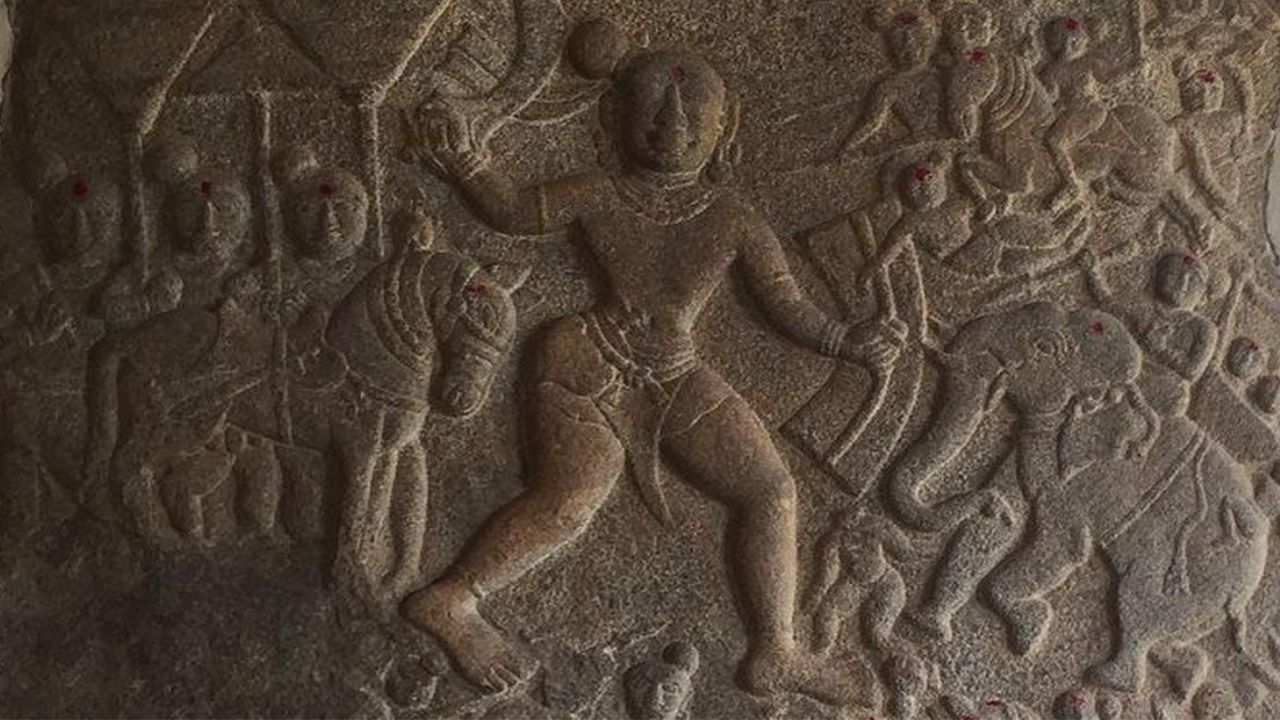
I’ll Be Watching You
Read More
Sanity Break #1
Graphic designer Stephen Doyle’s book sculptures are a wonder to behold. Some of us may wince at the ‘destruction’ of books toward artistic ends, but Doyle insists: “The sculptures are testament to the power of language. I think of them as ideas taking physical form that allows them to cast shadows.” This one was crafted out of Gabriel García Márquez’s ‘One Hundred Years of Solitude’.

Headlines that matter
Check out this edition for the most important stories from around the world today!

Sanity Break #2
Have you heard of Bo Burnham? If not, we’d like to introduce you to this wildly successful comedian—whose Netflix special ‘Inside’ now has six Emmy nominations. He is best known for his songs that offer biting social commentary with disarming folksy charm. This one is called ‘Welcome to the Internet’.

Feel Good Place
Need an immediate pick-me-up? We have you covered! From hilarious animal clips to stuff that’ll make you go “lol why?!”, we have all you need to keep you sane on even your worst hair day.







